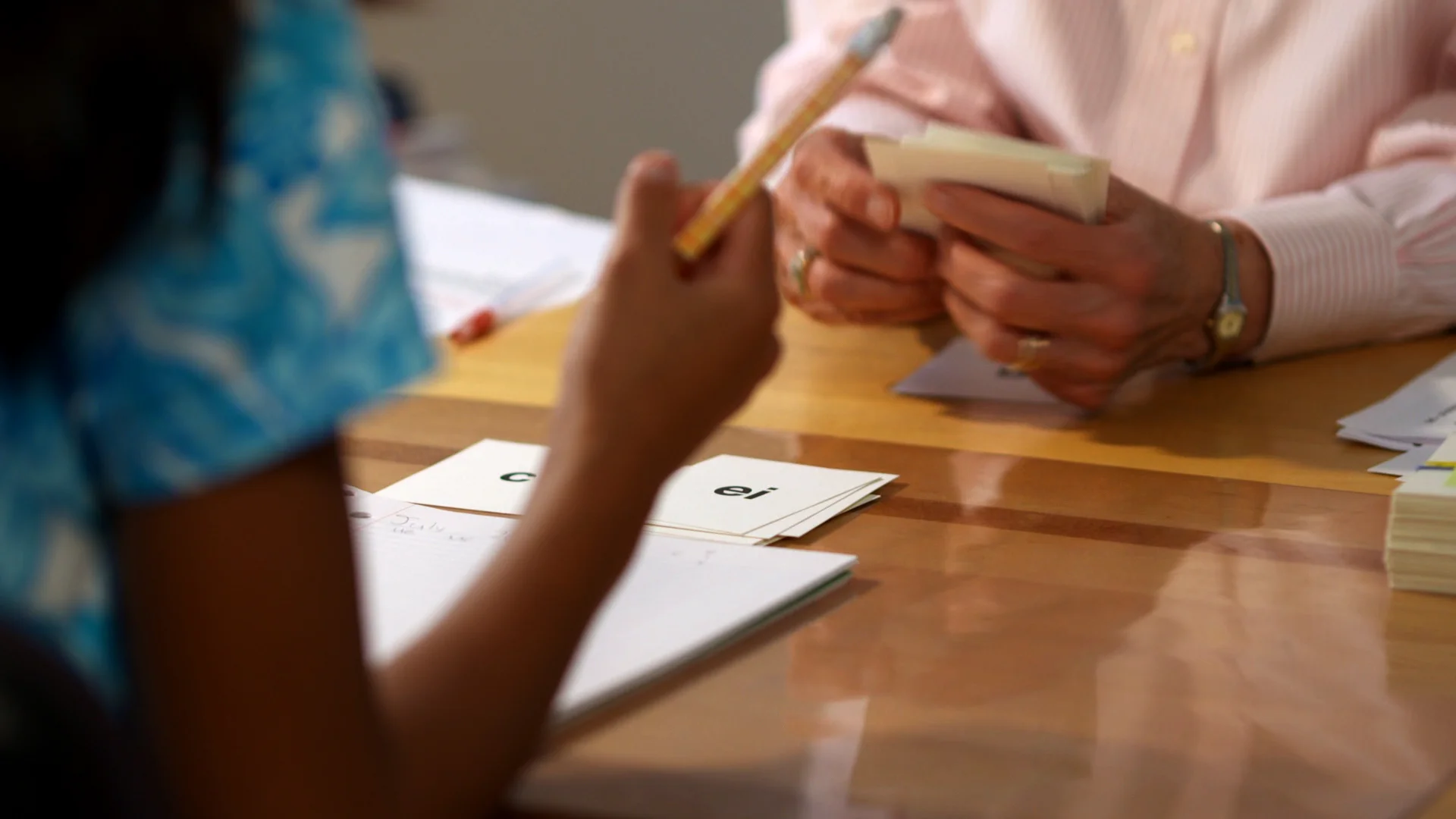Dyslexia FAQs
What is Dyslexia?
1:5 people have the language-based learning disability known as dyslexia.
Dyslexia is a specific learning disability that is neurological in origin. It is characterized by difficulties with accurate and/or fluent word recognition and by poor spelling and decoding abilities. These difficulties typically result from a deficit in the phonological component of language that is often unexpected in relation to other cognitive abilities and the provision of effective classroom instruction. Secondary consequences may include problems in reading comprehension and reduced reading experience that can impede the growth of vocabulary and background knowledge. (International Dyslexia Association)
What Causes dyslexia?
Reading is complicated. Many areas in the brain must communicate with each other to read. The brain must take in, store and process language information. When all the areas work together, a person understands and remembers what is read.
Dyslexia is when some areas in the brain are not communicating properly. Some individuals need to be taught in very specific ways to help coordinate the language functions to become a successful reader.
What are the signs and symptoms of DYSLEXIA?
does dyslexia run in families?
Yes, there is a genetic component to dyslexia. If you have someone in your immediate or extended family that had difficulty learning to read, even if not formally diagnosed, children in those families have a higher likelihood of having difficulty themselves. Having dyslexia in your family increases the risk; but, it is not a certainty. It only increases the chance of having dyslexia. We consider having a family history of dyslexia a risk factor as we evaluate testing results.
can you cure dyselxia?
No, but people with dyslexia can learn to read! The Reading Center works with adults, teens, and children. Each student is different, so we cannot make promises of how long it will take. Be wary of other agencies that make such promises or who require a contract. We work and support our students until their goals are met.
IMPORTANT: The sooner students who need help get appropriate reading instruction, the faster they will catch up with their peers. The students that get help between first and third grade are often able to achieve grade level reading before leaving elementary school.
do people with dyslexia just have a low iq?
No. Most people diagnosed with dyslexia have average to above average IQ’s, and many are very successful as adults. During school years, gaps may exist between learning aptitude and achievement in school because students need to learn language skills differently.
can someone with dyslexia learn to read?
Yes! There are lots of ways to get important information into your brain. You see with your eyes, hear with your ears, feel with your mouth when you talk, and touch with your fingers. If one of these areas doesn’t take in messages very well, we can show a student how to use other pathways to get the information into the brain. Then we can help him or her learn how to build connections that will aid them to become a reader. The more this is practiced, the easier it will become.
Some students will not be good readers right away. In the ways that they learn best, we help them form a solid foundation about how our language works and how to make it work in their brain. Step-by-step, we add skills and practice language skills they missed because of difficulty reading. In time, with proper lessons, they will be able to read books and learn about anything they desire.
ISN'T IT JUST AN EYE ISSUE?
No! Some people do have issues with vision, and if you suspect that is your case, you should be evaluated by an ophthalmologist/MD. Dyslexia is a neurological issue in the brain, not the eyes. The pathway that lets your eyes see is entirely different than the areas of the brain where you read. People with dyslexia do not “see backwards”.
Outside Resources
Other Skills That May be Impacted by Dyslexia. Learn more.
learning disabilities Sometimes Co-Morbid with Dyslexia
ADHD: learn more
Dyscalculia: Learn More
Dysgraphia: learn more
Famous People with Dyslexia
Hans Christian Anderson
Jennifer Aniston
Ann Bancroft
David Boies
Richard Branson
Erin Brokovich
Jim Carrey
Cher
Winston Churchill
Albert Einstein
Thomas Edison
Benjamin Franklin
Leonardo daVinci
Meryl Davis
Walt Disney
F. Scott Fitzgerald
Henry Ford
Danny Glover
Whoopi Goldberg
Brian Grazer
Jack Horner
Kiera Knightley
George Patton
Steve Jobs
Magic Johnson
John F. Kennedy
Jay Leno
Pablo Picasso
Nolan Ryan
Charles Schwab
Octavia Spencer
Steve Spielberg
Channing Tatum
Ted Turner
Andy Warhol
Henry Winkler
4/5 stars of ABC's Shark Tank

